Today, everyone is used to browsing through 60 second short videos for entertainment and perhaps some “guidance”. Decades ago, one visitor approached HH Pedda Jeeyar Swamiji and asked for something that can enlighten him but he had only 5 minutes. Swamiji responded to him saying He doesn’t need even 5 minutes or 60 seconds, but only 30 seconds.
The thirty seconds guidance is:
Learn what to eat, how to eat, when to eat, the way to eat, where to eat. Your life will improve immensely.

As part of what to eat, salt being a very key ingredient, let’s see whether saltless food is the right choice. Most doctors are opposed to this as sodium is important for the body. However, Manthena Satyanarayana garu advises a lifestyle that includes saltless food. How do we know what is the right method? What do sa:sthras say?
YES to salt?
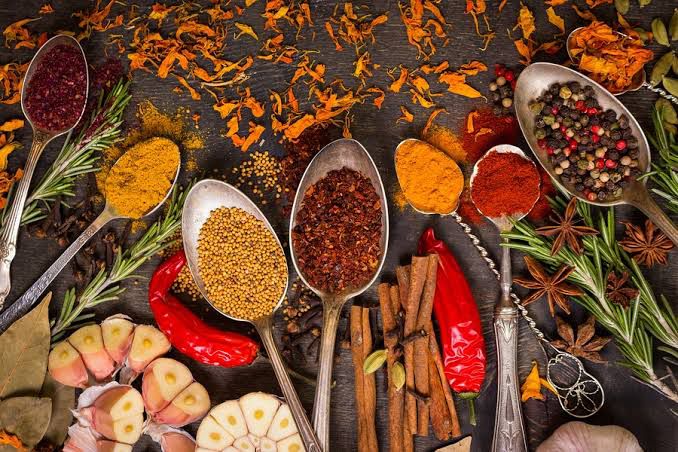
From olden days, we are taught to have a meal with all six tastes: madhura (sweet), amla (sour), lavana (salt), tikta (bitter), katu (pungent), kashaaya (astringent). Our body is made of elements from nature. Nature has all these tastes and so it is natural for the body to seek them. Hence, it’s essential that the body gets all of them including salt, of course keeping in view of the limits.
Ni:thi sa:sthra says, shanna:m rasa:nam lavanam pradha:nam, salt is the key ingredient in food.
Additionally, history speaks of how salt is nothing new and that it has been in use for thousands of years at the least. Bhi:shmacharya in Mahabha:ratha times mentioned uppu, salted food, he ate in Kauravas kingdom as one of the reasons why he couldn’t at least walk away from the crime scene against Draupadi. Hence, food that includes the taste of salt is nothing new. So, why should one refrain from it now?
YES and NO…
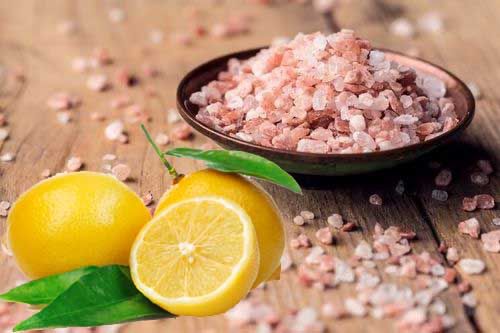
Research states that sodium [contained in salts] is already at more than required levels in the body. That is why, even on an empty stomach, your sweat is salty. Body is releasing sodium through wastes. Also, the lavanam that scriptures mentioned was perhaps salt from the rocks (referred to as rock salt) and not salt obtained from sea. Because, dharma sa:sthra mentioned not to touch ocean water except for on certain days such as pu:rnami. Hence, why use salt from seas when it’s not even advised to touch the sea on regular days? Use rock salt in minimal amounts if you need.
Additionally, everything in nature is a combination of all elements in different proportions. So, you can assume that what you eat already has sodium in it. There is no need for additional sodium from added salt. No other living being consumes salt and they are doing fine. If you are worried about taste, it doesn’t make much difference when food is eaten hot, if at all you feel the need, squeeze some lemon and that should satiate the taste buds. Don’t spoil 100 years of your life for the sake of satiating 4-inch tongue.
What we talked about so far is based on our experiences, experiments and certain scientific proofs. There is an undebatable verse from Sri Krushna’s Bhagavad Githa that talks about moderation.
Sri Krushna in Bhagavad Gi:tha, chapter 6 says…
yuktha:ha:ra viha:rasya
yuktha che:shtasya karmasu |
yuktha svapna:vabo:dha:sya
yo:go: bhavathi duhkhaha: ||
Moderate food, travel and movements, behavior, and sleep. This moderation can itself equip you with a great state.
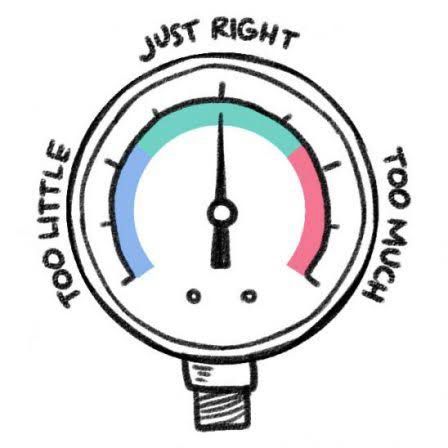
Manthena Satyanarayana raju garu is teaching world moderation of food by taking different aspects where people are going wrong. Salt and anything else must be done in moderation to avoid risking greater benefits that life can present you with.
– From the discourse of HH Chinna Jeeyar Swamiji
– Invited as Chief Guest for the event
– Celebrating 1000th episode of
– Aarogyame Mahayogam ZEE5
– 10th Sep 2023
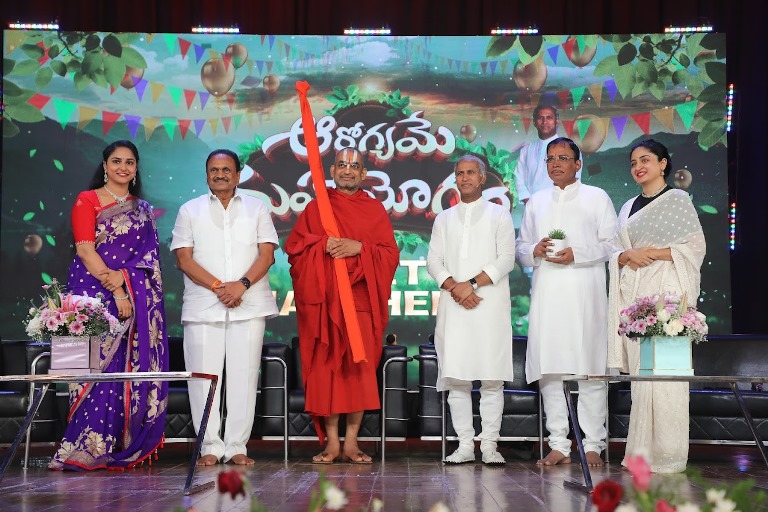
HH Swamiji congratulated Zee5 channel released 1000 episodes of Manthena Satyanarayana Raju gari’s teachings about heath through a program called ‘a:rogyame: maha:ya:gam’. Swamiji blessed Zee5 team to continue taking such good programs and messages to the masses.
“Sri Chinna Jeeyar Swamiji is my inspiration. His clarity in thought, words has always been so inspirational. – Manthena Satyanarayana Raju garu”

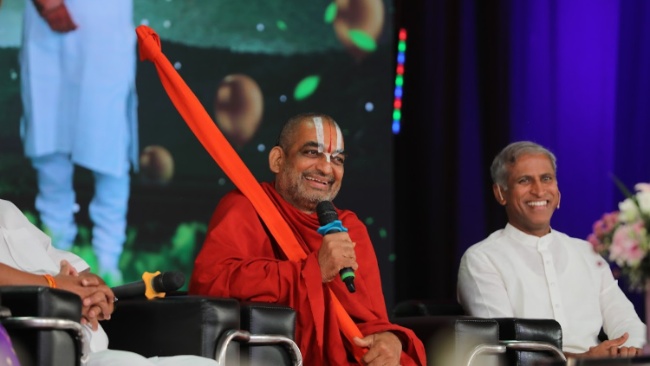
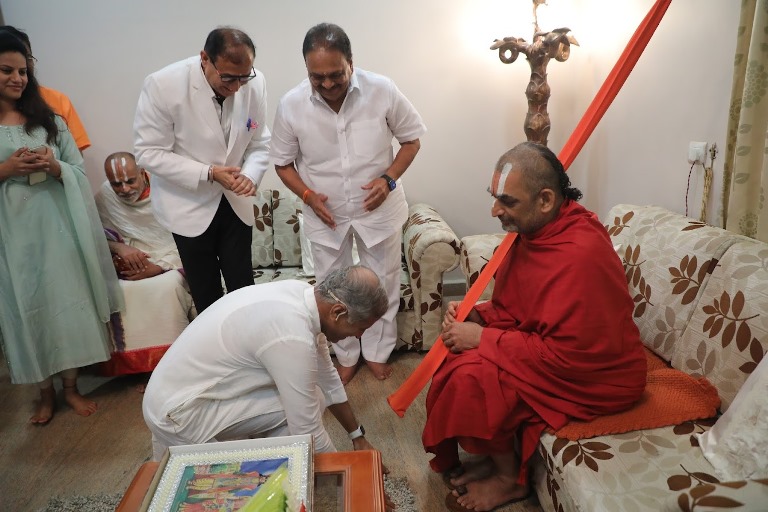
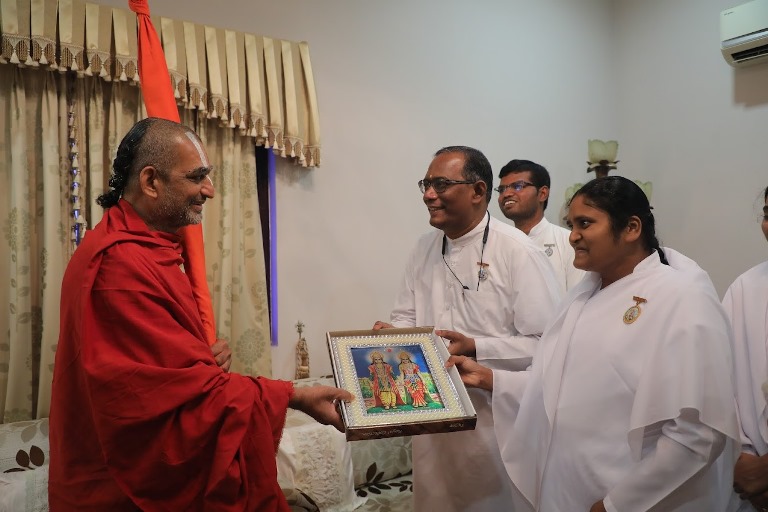
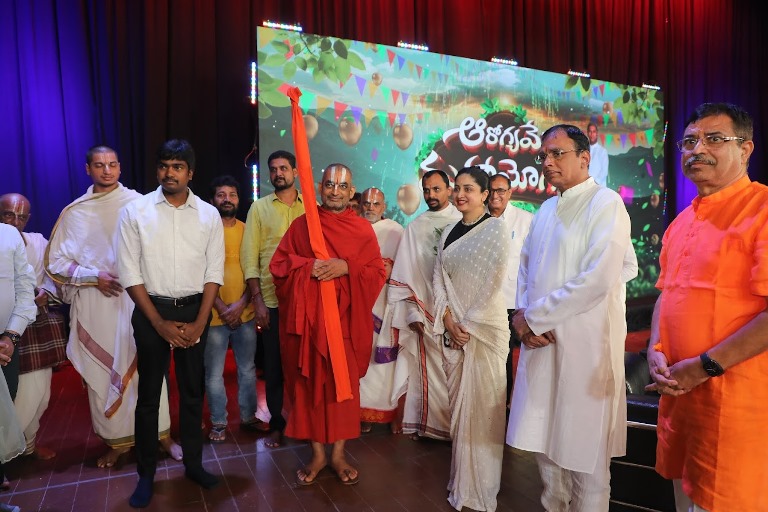
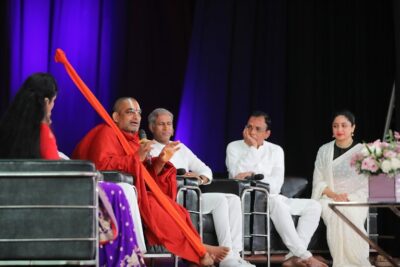
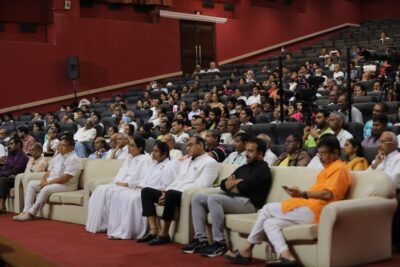
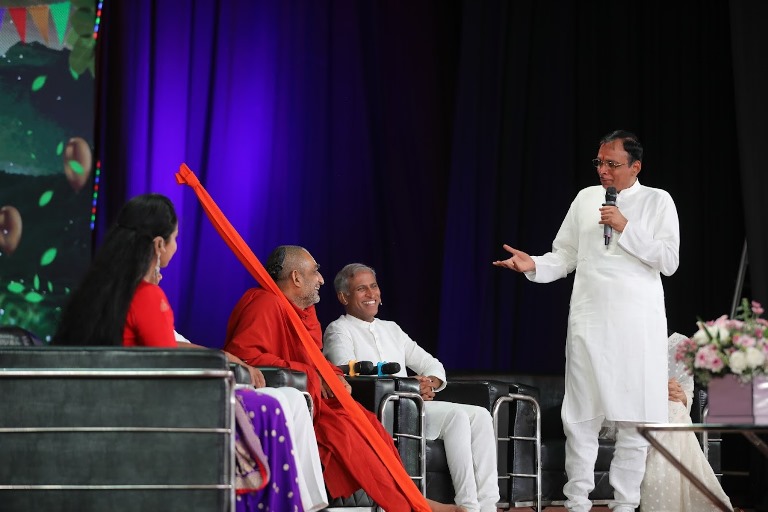

Jai Srimannaryaana
జై శ్రీమన్నారాయణ 🙏 అడియెన్ రామానుజ దాసిని 🙏 అస్మత్ గురుభ్యోనమః 🙏
Jai Srimannarayana! 🙏🏻🙏🏻💐💐🙇🏻♂️🙇🏻♂️
Great information..Jsmn
👏🙇♀️
Chala bagundhi andi…Jai sreemannarayana
Jai sreemannarayana . superb